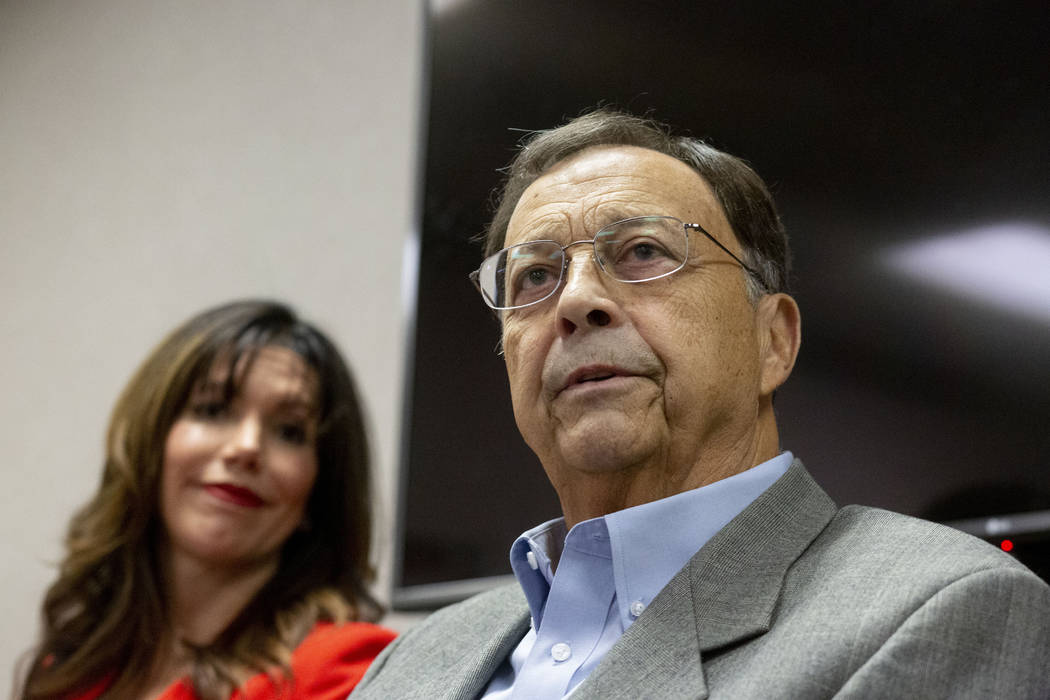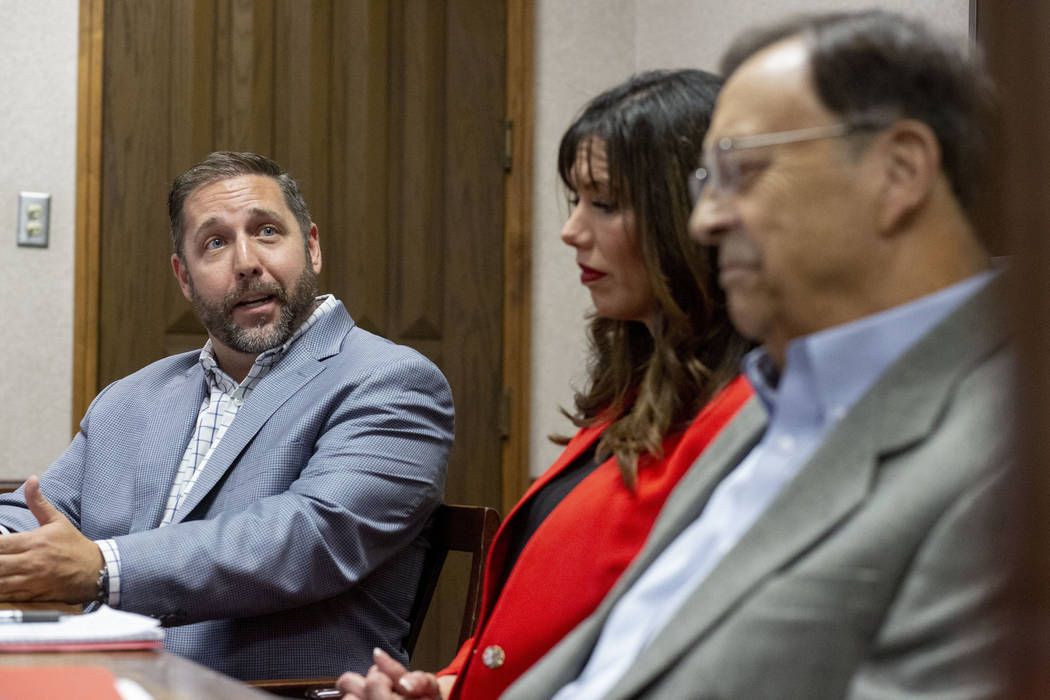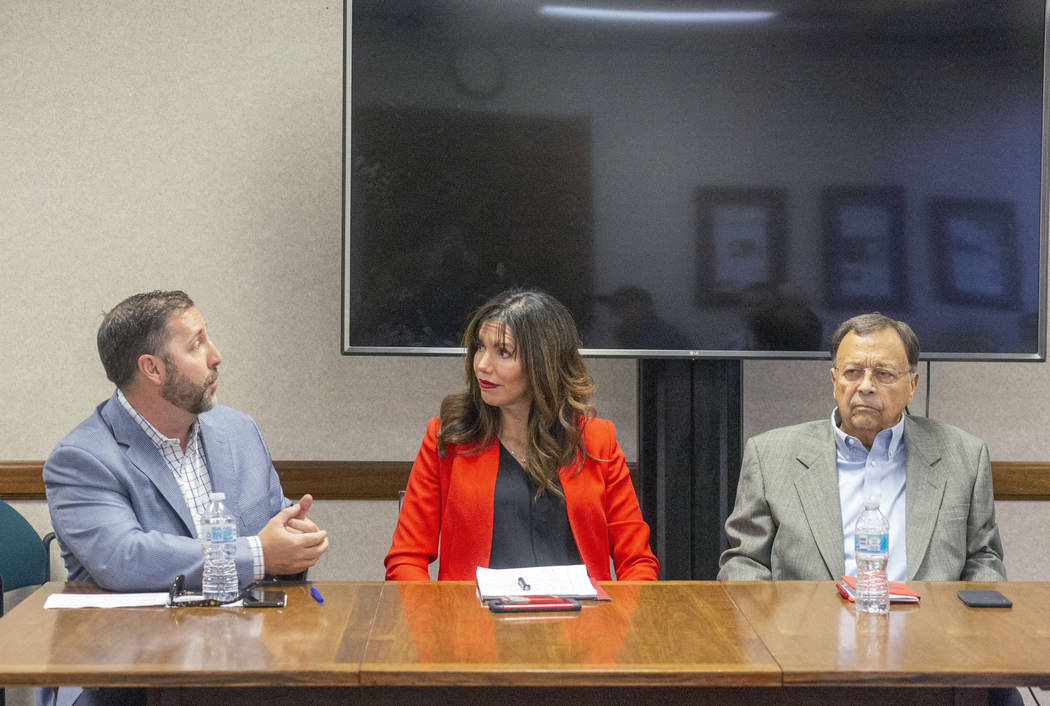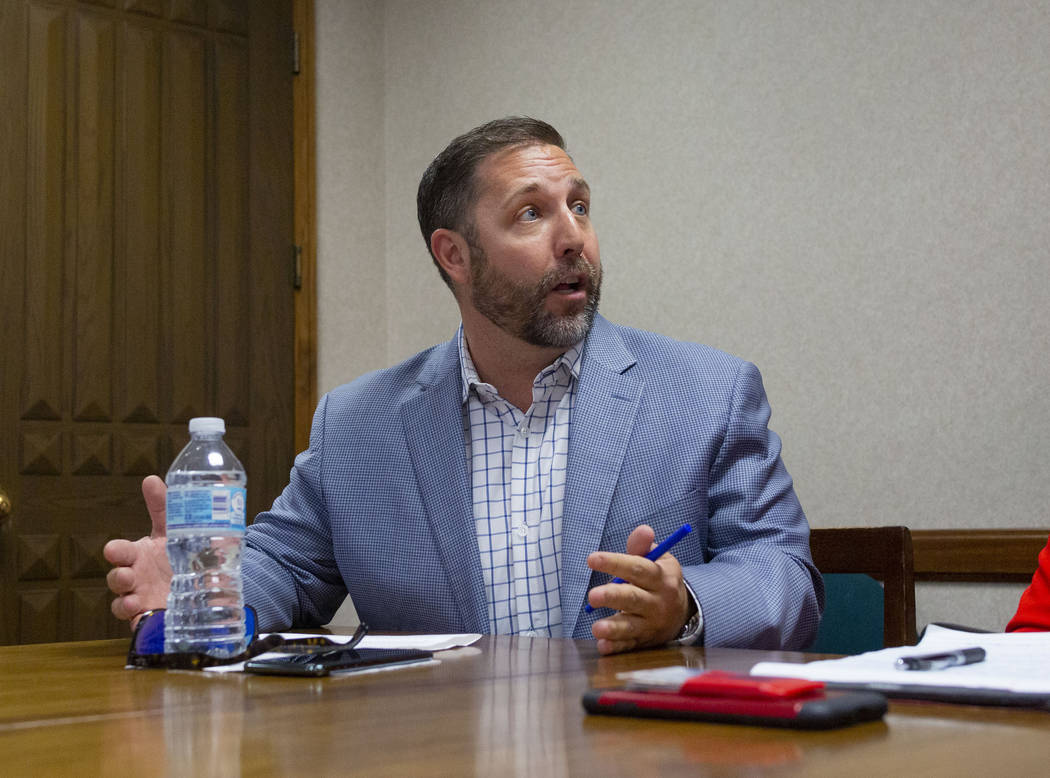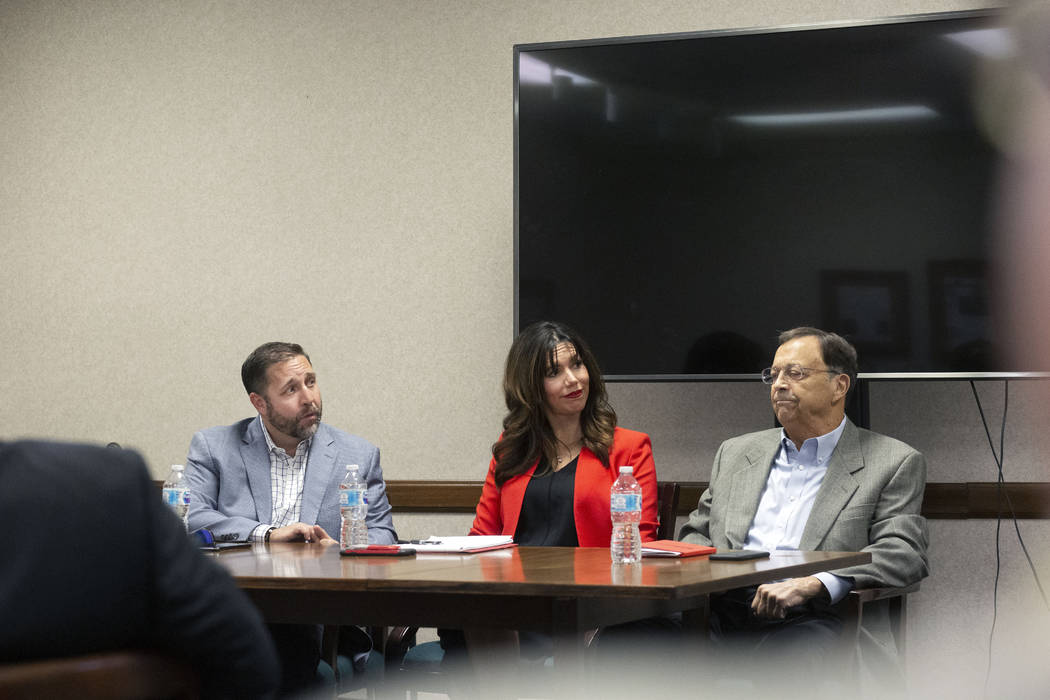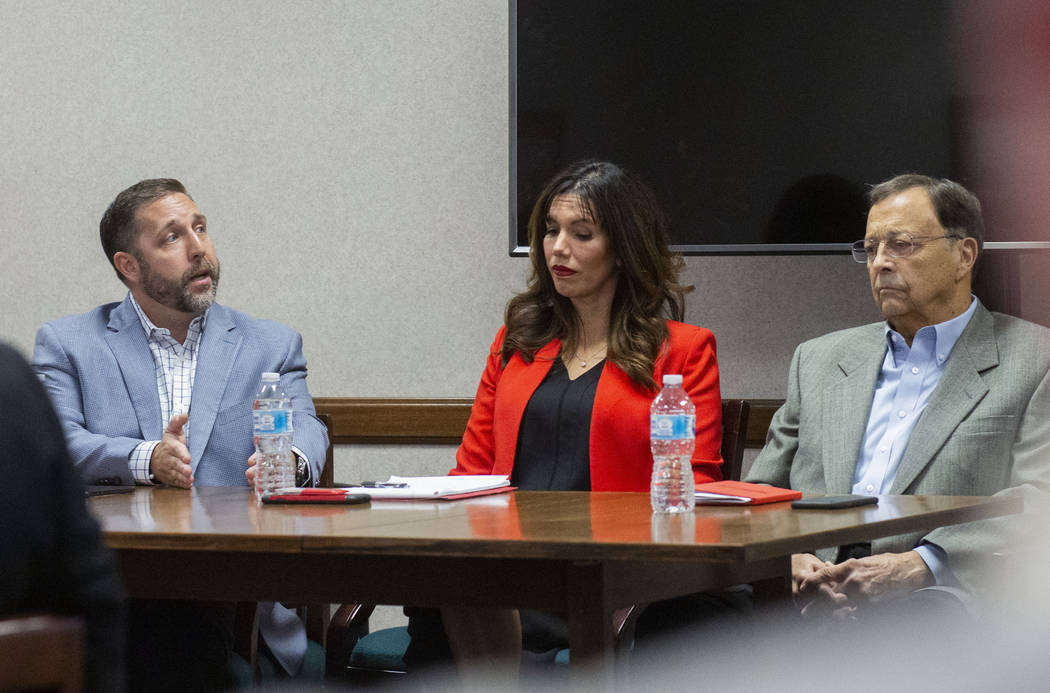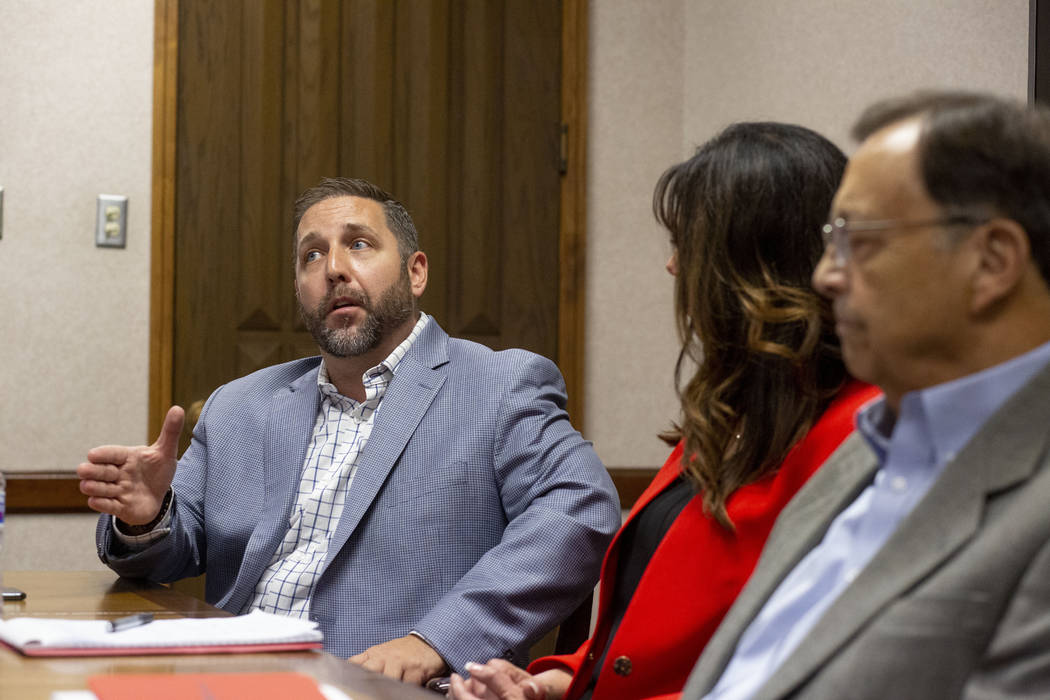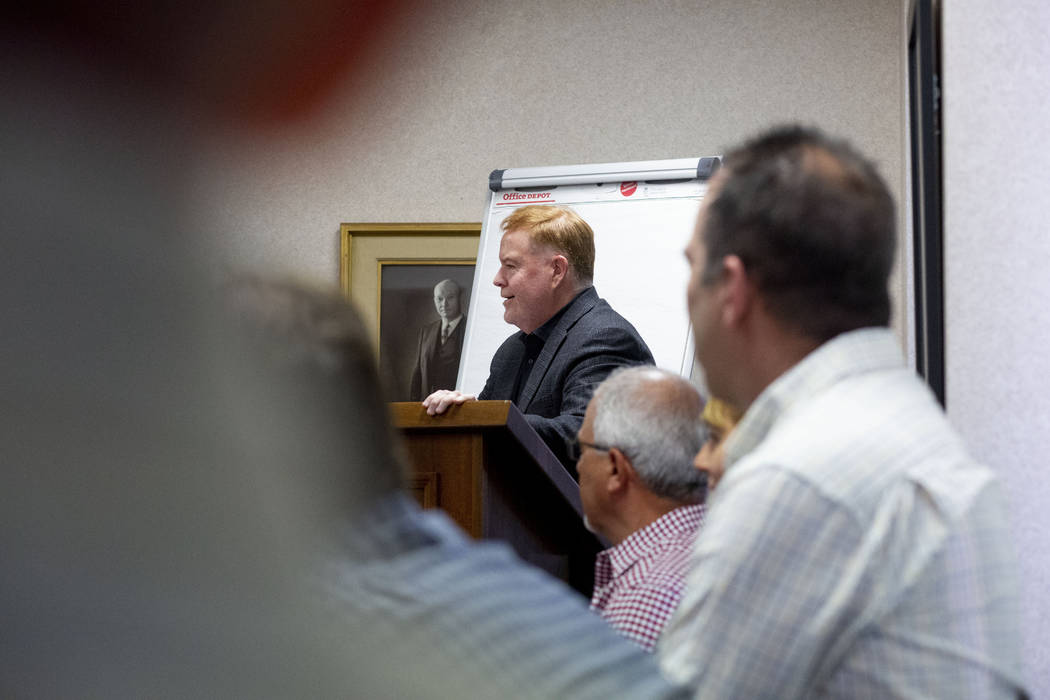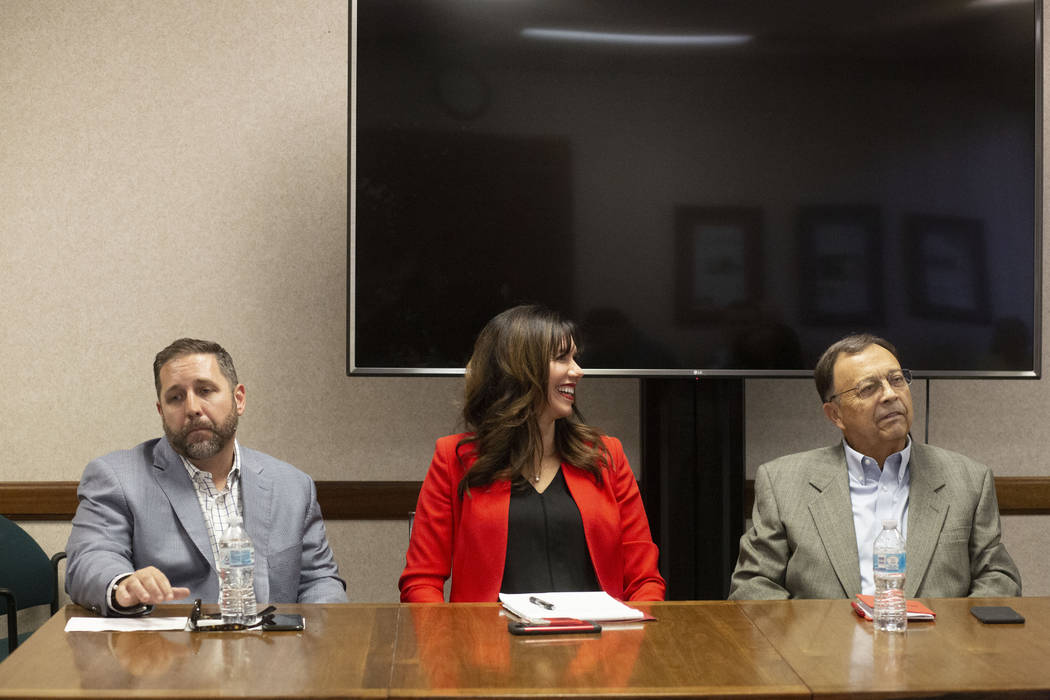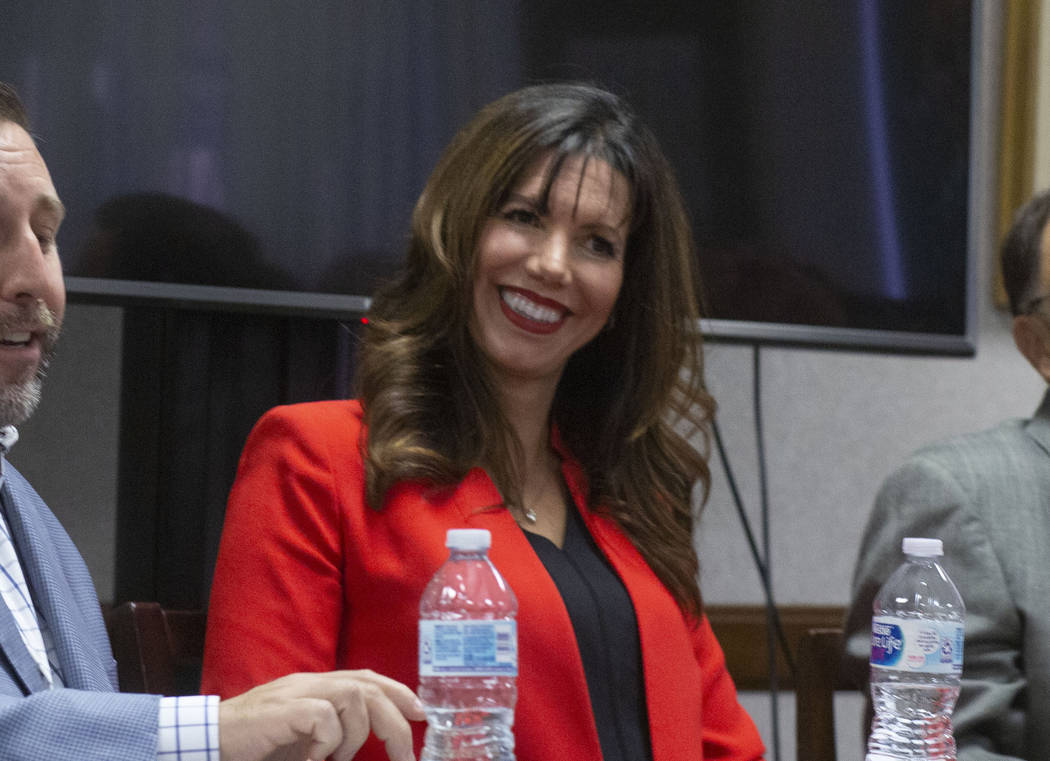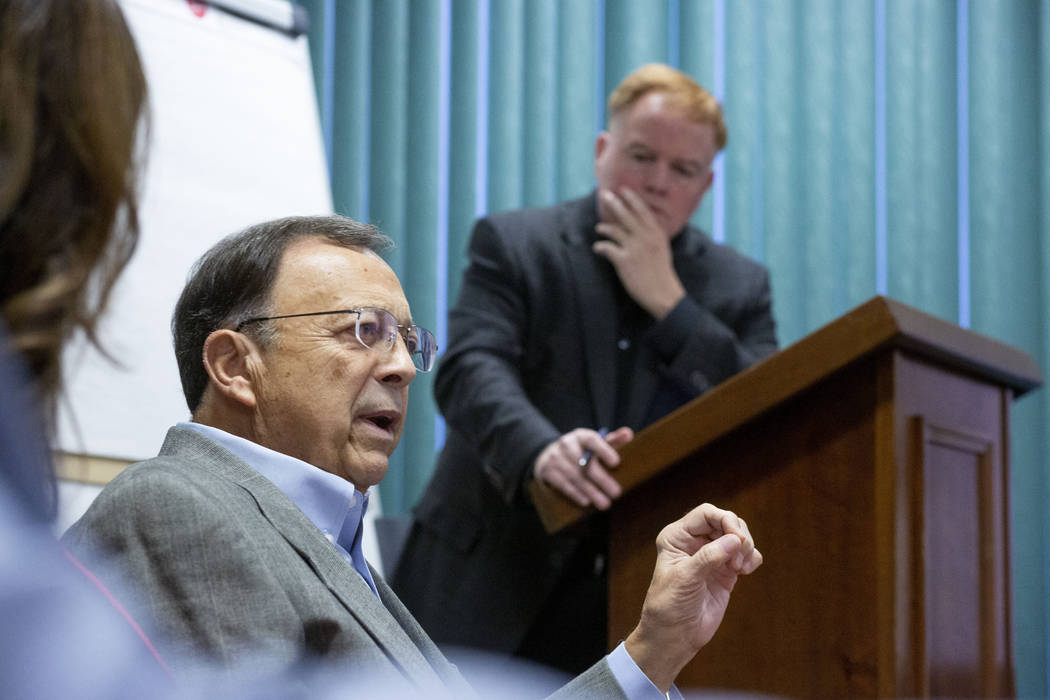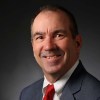Changing times coming in NCAA sports, but to what degree?
I recently received a photo in my email box that showed Bob Dylan, alone, at a convenience store. The great troubadour had his back to a Lucky Strike cigarette display and appeared to be engrossed in a copy of Baseball Weekly.
It sort of reminded me of what’s going on in college sports these days.
As Dylan might have put it after he was through perusing the box scores, the times they are a changin’.
But as for what it all means, the answers are mostly blowin’ in the wind.
With California having recently passed the Fair Pay to Play Act, a law allowing college athletes to profit from their name, likenesses and media rights — and roughly a dozen other states considering similar legislation — even the bullheaded NCAA is reconsidering its hard-line definition of amateurism.
In an about-face that would make The Great Santini blush, the governing body said it will allow athletes to be compensated “in a manner consistent with the collegiate model” — whatever that means — beginning in 2023.
“The idea of amateur versus non-amateur is really going to be a big thing,” Jim Livengood, the former UNLV and Arizona athletic director and ex-chairman of the NCAA Men’s Basketball Tournament Committee, told attendees at the Associated Press Sports Editors West Region meeting at the Review-Journal on Monday.
Big can of worms
Livengood said college sports may be in for a seismic shift that will conjure images of the San Francisco earthquake, circa 1906.
“I think you are probably going to see that rear its head in the next five or six months, year, year and a half,” he said. “It’s going to make some people feel good, and it’s going to make other people feel really itchy. The problem (going forward) is how can things best be done that are the least controversial as far as unintended consequences.”
In other words, if a car dealer is allowed to compensate a blue-chip recruit for test driving a Toyota Camry, will it open a can of worms that won’t fit inside a Land Cruiser?
Desiree Reed-Francois, UNLV’s current athletic director, seemed more confident than her predecessor that the schools will figure it out.
“Yes, it’s going to be complicated,” she said. “There are going to be people who have very divergent opinions. But I think that’s OK. We’re going to come up with something that helps our student-athletes.”
And she said all student-athletes. Not just the ones who play football at Alabama and basketball at Kentucky.
“I also think we’re getting a bit away from what this is really about,” Reed-Francois said. “We all see the (coaching) salaries, the fancy buildings, the (TV) ratings, the business side. But if this is about education — I think there are about 159,000 students in Division I who play varsity sports. And sometimes I think we look at rules for 3 or 4 instead of those 159,000.”
But it took Las Vegas Bowl director John Saccenti no longer than a TV timeout during Capital One Bowl Week to hypothetically mention one of the unintended consequences of which Livengood spoke.
Word from sponsors
“If Tua (Tagovailoa, Alabama’s quarterback) has a Ford dealership paying him, and then he goes to the Las Vegas Bowl and all he wants to do is post pictures of Fords (on Twitter) at the Mitsubishi Motors Las Vegas Bowl … I would have a couple of (upset) sponsors,” Saccenti said.
But as the chasm between the haves and have-nots continues to widen, there are those who believe the ability to pay players might help Group of 5 schools such as UNLV narrow the gap, at least minimally, on the Alabamas and the Kentuckys and the other bluebloods in the Power 5 conferences.
The counterpoint: The haves always will be able to outspend the have-nots.
And, as Saccenti pointed out, it may mean that money a booster earmarked for a school’s general athletic fund will now wind up in the pocket of the kid who sinks long jump shots or can run the triple option like nobody’s business.
Changing times. Unintended consequences.
When Bob Dylan wrote that song in 1964, he felt folk music and the civil rights movement were closely aligned.
The NCAA and its student-athletes, on the other hand, might need another wistful verse on the harmonica and a little more cowbell.
Contact Ron Kantowski at rkantowski@reviewjournal.com or 702-383-0352. Follow @ronkantowski on Twitter.
Fair Pay to Play Act
Key elements of California SB 206:
— The law pertains to California only.
— Under the law, student-athletes are allowed to obtain legal representation and to engage in contracts that profit from their name, likenesses and media rights, such as video games.
— The law states scholarships are not considered compensation and bans colleges from disciplining athletes who receive money or representation from third parties.
— The law will go into effect Jan. 1, 2023.



